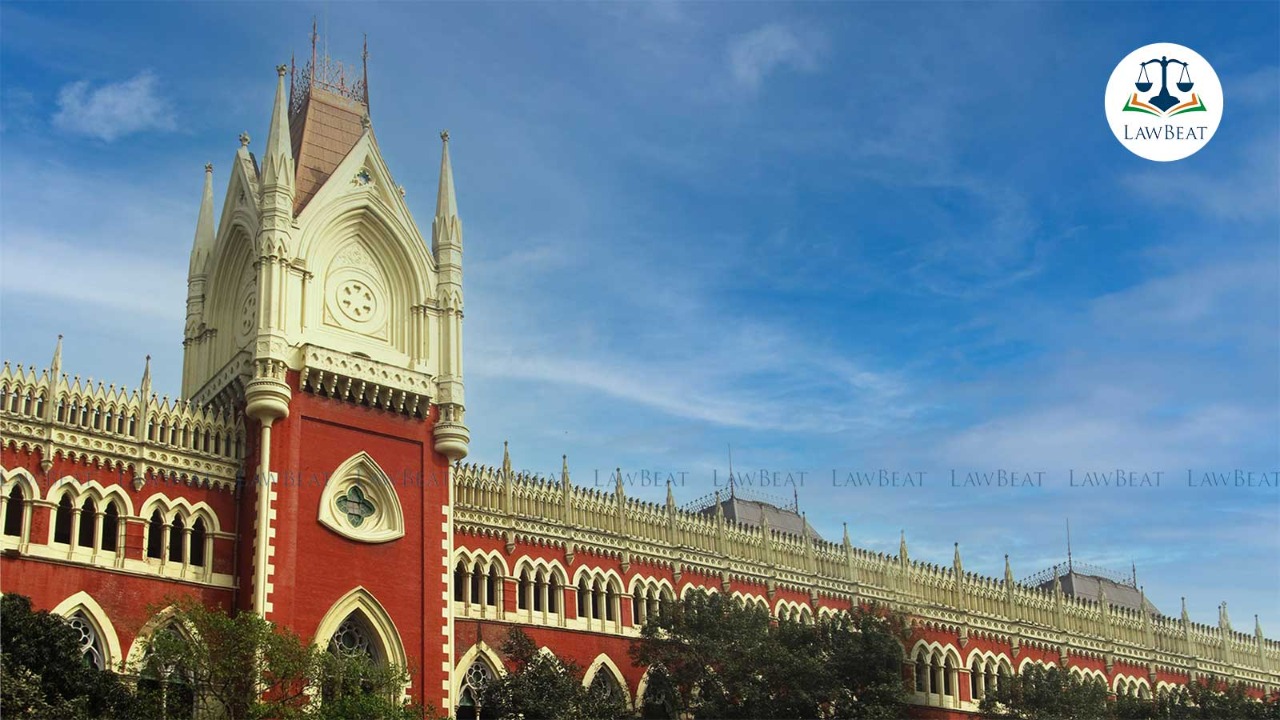If dying declaration is consistent then it can be sole basis for conviction: Calcutta High Court

Court said that it would be hazardous to rely on such evidence if the contents of the dying declaration are at variance
The Calcutta High Court recently while setting aside the conviction of murder said that a dying declaration can only be used for conviction if the contents of it are consistent.
The Division Bench of Justice Joymalya Bagchi and Justice Ajay Kumar Gupta said that when the contents of the dying declaration as per the prosecution witness are at variance, it becomes hazardous to rely on such evidence.
Court said, “Dying declaration can be the sole basis of conviction provided the same is consistent. When the contents of the dying declaration as per the prosecution witnesses are at variance to one another vis-a-vis the role of the appellant, it would be hazardous to rely on such evidence to come to a finding of guilt against him.”
The court was hearing an appeal filed by the accused, convicted under Section 302 and Section 34 of IPC wherein the Trial Court had sentenced him to imprisonment for life and a fine of Rs. 5,000.
It was submitted by the counsel representing the appellant that there was no eye witness to the incident and that the contents of the dying declaration as per the prosecution witnesses were at variance. It was submitted that the dying declaration submitted by the victim was doubtful in nature as the contents were not consistent.
The court said, “P.Ws. 6, 7, 8, 11, 13, 14 and 20 deposed victim made a statement to them. P.Ws. 6, 7 and 8 (police officials) who were present at Lakshmipur Camp (the place of the incident). P.W. 6 stated victim came to the police camp in injured condition. He was shouting. He told them Parimal (appellant-accused) and Bhondul (co-accused) assaulted him. P.W. 8 stated victim told them Parimal had restrained him while Bhondul assaulted him. But P.W. 7 stated the victim had only named Bhondul.”
The court noted that the prosecution case solely relied on the oral dying declaration of the victim and that the version of police officials with regard to the contents of the dying declaration was not consistent.
The court noted that the testimony of P.W. 9 contradicted the witnesses who claimed the dying declaration was made in their presence when they returned from the village after hearing about the incident, casting doubt on the veracity of their claim that the dying declaration was made in their presence. The court also noted that the appellant's name was absent from the injury report submitted by the doctor (PW 17) who treated the victim.
Thus, the court acquitted the appellant by giving him the benefit of the doubt.
The court observed, “The aforesaid circumstance strikes at the root of the prosecution case that the victim had made a subsequent dying declaration to his relations and co-villagers who rushed to the spot after hearing the incident. Hence, I do not lend credence to their versions. Even if one holds that the evidence of P.Ws. 6, 7 and 8 with regard to the dying declaration are plausible, vis-à-vis the principal assailant Bhondul, deposition of the said witnesses are at variance with regard to the role of the appellant.”
Case Title: Parimal Sarkar vs. The State of West Bengal
